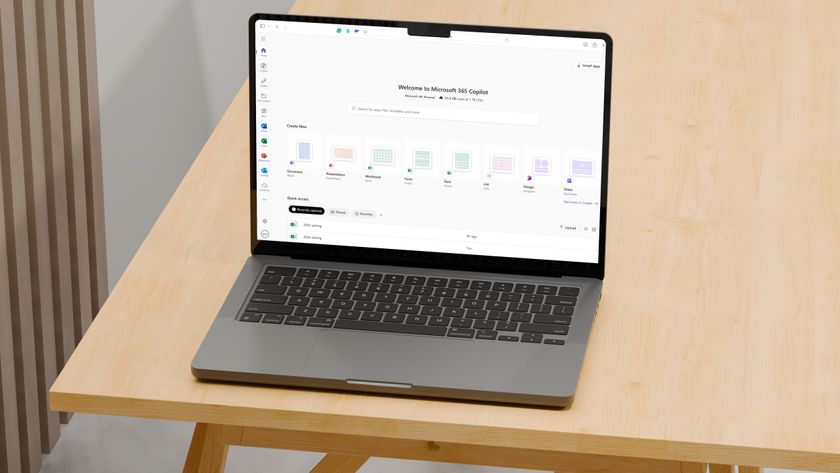Forget net connectivity: welcome to a new era of always-available mobile apps
Overcoming the dependence on network connectivity
WC: Much of the new data is unstructured, so developers need a database that is capable of efficiently storing it. The rigidly defined, schema-based approach used by relational databases makes it impossible to quickly incorporate new types of data, and is a poor fit for unstructured data. NoSQL or non-relational databases are able to process large quantities of disparate data. These large volumes of unstructured data require the highest level of scalability, performance, and reliability.
An embedded full-featured NoSQL database on the device in combination with a highly scalable sync tier and a highly scalable, high performance NoSQL database in the cloud enables developers to produce rich mobile applications that are always accessible, and not affected by network availability or latency.
TRP: How will this simplify the needs of developers when it comes to building truly effective productivity applications?
WC: Until now, mobile applications were built with the requirement that data must be stored in the cloud and then synced back and forth to the device. Mobile NoSQL database solutions that include an embedded database on device, give developers the tools they need to build always-available and always-responsive applications. Consequently, the network no longer impacts application performance.
Couchbase Mobile provides mobile application developers with a powerful new platform for creating robust and network-flexible applications, simplifying the code needed to manage data synchronisation and considerably reducing time to market.
TRP: What are the benefits of network-flexible mobile applications for businesses?
WC: The benefits for businesses are clear: users are able to access their applications even if the network is unavailable. In return this means true flexibility for businesses as they can rest assured that their workforce will not be limited in their mobility, even when working remotely. When all has been said and done, network-flexible mobile applications mean two things for companies – higher productivity and efficiency.
Are you a pro? Subscribe to our newsletter
Sign up to the TechRadar Pro newsletter to get all the top news, opinion, features and guidance your business needs to succeed!
TRP: What does this development mean for the future of mobile data storage?
WC: Unstructured data has exploded over the last decades, growing more than a hundredfold every ten years. Data volumes with more than 50GB per object require a new approach in data storage to support the value and richness of future mobile applications.
As users have grown accustomed to interactive apps that react quickly to their actions, it is no longer acceptable for apps to freeze or be slow. In order to provide the best experience for both users and developers the location of mobile data will be essential. While remotely stored data still suffers in terms of responsiveness and availability as it depends on networks, an only-local data storage approach is only viable for applications that never need to share their data.
If we want to make sure that a mobile data model is suitable for a large variety of applications, then a hybrid model is ideal. With a hybrid model, data is stored both on the device and in the cloud, which makes the data always available. Not only can the data be shared outside the device but intermittent access to a network allows the network to synchronise data and ensure consistent application responsiveness.

Désiré has been musing and writing about technology during a career spanning four decades. He dabbled in website builders and web hosting when DHTML and frames were in vogue and started narrating about the impact of technology on society just before the start of the Y2K hysteria at the turn of the last millennium.












